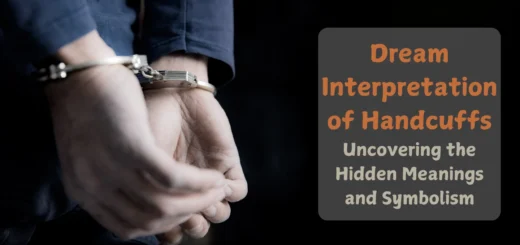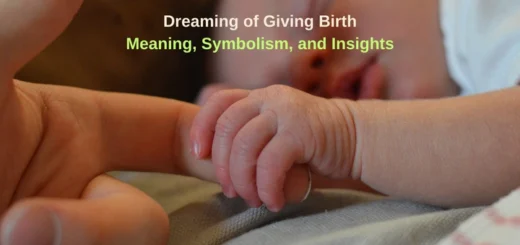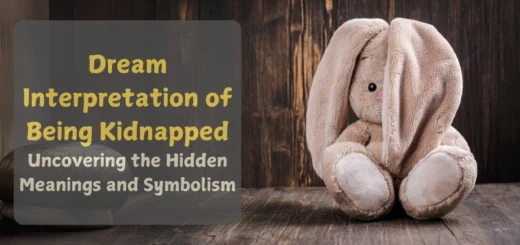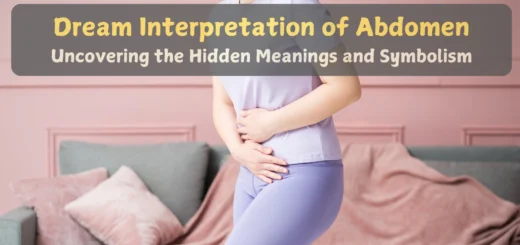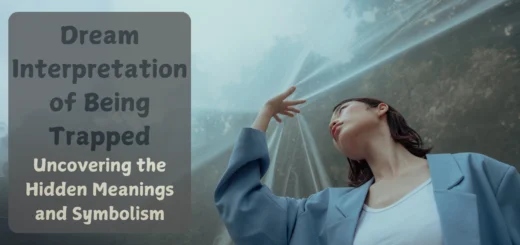Hi there, I’m a 21-year-old woman, and I’ve been having this recurring dream for about two years now. At first, it wasn’t frequent—just once every few months—but in the past year and a half, it’s happening almost weekly. In the dream, everything seems normal, like I’ll be hanging out with friends or in some everyday situation. But the thing is, I can’t breathe. It’s like my nose is completely stuffed, or there’s some other reason why I can’t get air. I’m gasping for breath, but nobody in the dream seems to notice, and I can’t even tell them I can’t breathe because I don’t have enough air to speak. It feels exactly like putting your hand over your mouth and nose and trying to breathe—it’s suffocating.
This lasts for the entire dream, and when I wake up, my chest feels heavy, and it takes me a minute to catch my breath. It’s so exhausting, and I feel like I just ran up a flight of stairs. I sleep on my stomach and wondered if maybe I’m accidentally restricting my breathing in my sleep, but I’ve been sleeping this way since I was 14, and this issue has only been happening in the past two years.
I’ve been diagnosed with generalized anxiety disorder, and I know it could be a stress dream, but I can’t pinpoint any triggers. I already deal with insomnia, so I hardly ever reach REM sleep, but this is making it so much worse. Any advice would be appreciated—thank you!
Dreams of suffocation or being unable to breathe can often symbolize feelings of being overwhelmed or trapped in your waking life. Your diagnosis of generalized anxiety disorder might be a factor, as anxiety often manifests in dreams as physical sensations like breathlessness. Since this dream is so vivid and recurrent, it could also point to sleep-related breathing issues like sleep apnea, especially if you wake up with a heavy chest or gasping for air.
The connection to your sleep position is worth exploring—lying on your stomach might compress your airways slightly, especially if your pillow is too firm or thick. It might help to adjust your sleeping posture or use a thinner pillow to see if it makes a difference.
Finally, given the physical exhaustion you feel after waking, it’s essential to rule out medical conditions. A visit to a sleep specialist might help determine if there’s an underlying issue like sleep apnea or another disorder impacting your sleep quality. Additionally, incorporating relaxation techniques before bed, such as deep breathing exercises, may help alleviate the stress contributing to these dreams.

